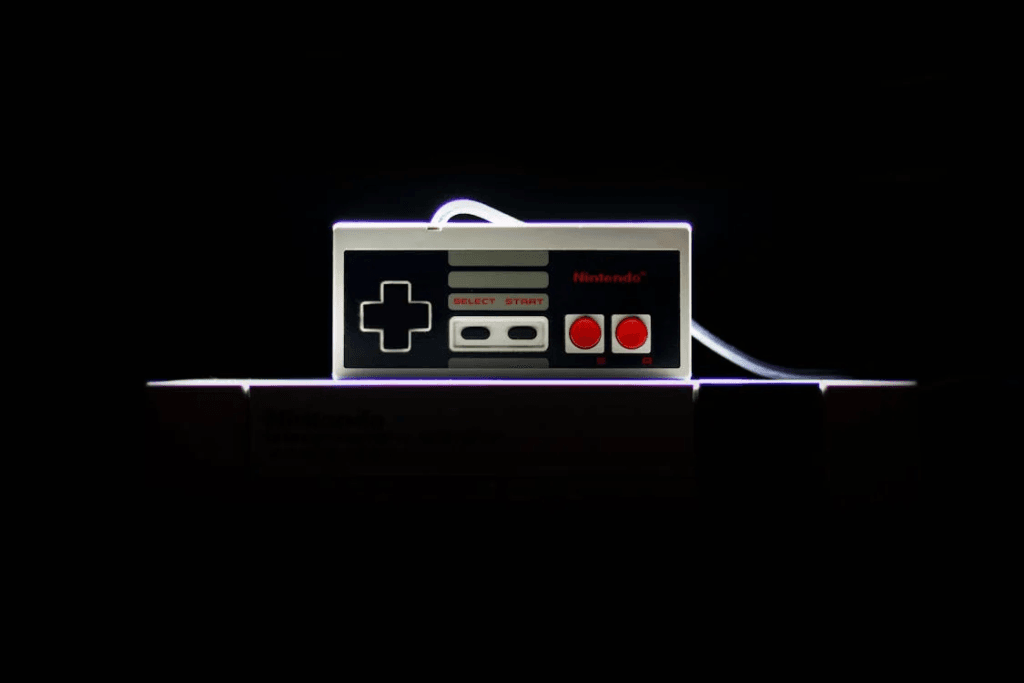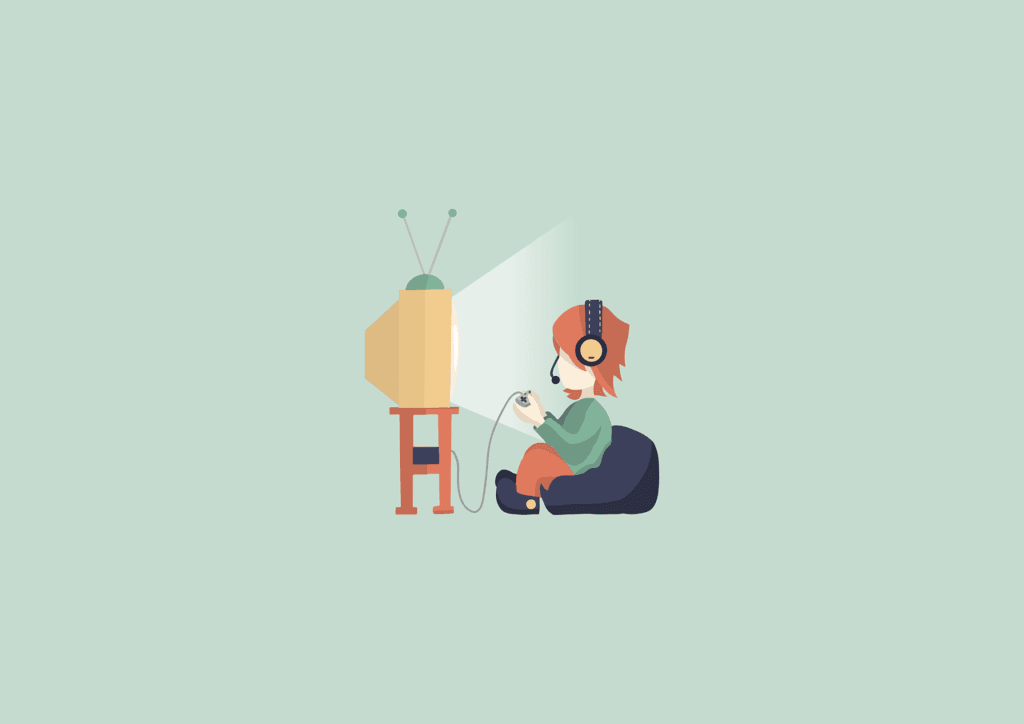Table of Contents
Understanding Nintendo’s Legal Actions
Do you want to find out why did Nintendo sue Palworld and not Digimon? Nintendo is renowned for fiercely protecting its intellectual property (IP). Over the years, the company has taken legal action against various entities to safeguard its brand and creations. This article delves into why Nintendo chose to sue the developers of Palworld but refrained from targeting Digimon—two franchises that sparked significant discussion in the gaming community

What Is Palworld?
Palworld is an open-world survival game developed by Pocketpair, often described as a mix of Pokémon and Minecraft. The game gained attention for its mechanics, which include capturing and battling creatures reminiscent of Pokémon, alongside features like crafting and gunplay.
Why the Controversy?
- Similarity to Pokémon: Palworld‘s creature designs, abilities, and overall aesthetic bear a striking resemblance to Nintendo’s iconic Pokémon franchise.
- Trademark Concerns: The perceived imitation risked diluting the Pokémon brand, prompting Nintendo and its partners to act.
Example: Some creatures in Palworld appear nearly identical to popular Pokémon like Pikachu and Charizard, raising questions about originality.
What Is Digimon?
Digimon, short for Digital Monsters, is a multimedia franchise that includes games, anime, and merchandise. It debuted in the late 1990s, around the same time as Pokémon, but carved out its own identity by focusing on digital worlds and narratives with a darker tone.
How Does Digimon Differ from Pokémon?
- Design and Theme: While both franchises involve creatures, Digimon leans towards more robotic and monstrous designs compared to Pokémon’s approachable and whimsical style.
- Gameplay Mechanics: Digimon games emphasize storytelling and evolution paths distinct from the Pokémon series.
- Market Perception: Digimon has established itself as a competitor rather than an imitator, reducing the risk of IP conflict.
Fact: Despite occasional comparisons, Digimon’s creators avoided directly mimicking Pokémon’s gameplay or design, making it harder for Nintendo to justify legal action.
Why Did Nintendo Sue Palworld?
Key Reasons Behind the Lawsuit
Direct Threat to Pokémon’s Identity
Nintendo, alongside The Pokémon Company, saw Palworld as a potential threat to the Pokémon brand due to:
- Overlapping Audiences: Both games target similar demographics, increasing the likelihood of confusion.
- Visual and Functional Similarities: The resemblance in creature design and gameplay mechanics blurred the lines between the two franchises.
Protection of Intellectual Property
Nintendo’s legal strategy often focuses on:
- Precedent Setting: By suing Palworld, Nintendo reinforces its commitment to defending its IP.
- Market Control: Allowing imitators to thrive could open the floodgates for more copycats.
Why Not Digimon?
Nintendo’s Stance on Digimon
Established Competitor, Not a Copycat
Unlike Palworld, Digimon has always maintained a distinct identity. Key reasons Nintendo did not sue include:
- Different Gameplay and Themes: Digimon explores themes of digital worlds and virtual reality, diverging from Pokémon’s focus on exploration and collection.
- Longstanding Presence: Digimon has coexisted with Pokémon for decades, proving itself as an independent franchise rather than an imitator.
Mutual Respect in the Industry
Nintendo and Digimon’s parent companies, Bandai Namco and Toei Animation, have shared collaborative ties in the gaming industry. Legal action against Digimon could strain these relationships.
Insight: Digimon and Pokémon fans often enjoy both franchises, fostering a complementary rather than competitive dynamic.
Table: Key Differences Between Palworld and Digimon
| Feature | Palworld | Digimon |
|---|---|---|
| Release Date | 2023 (Planned) | 1997 |
| Gameplay Style | Open-world survival | Story-driven RPG |
| Creature Designs | Resemble Pokémon | Unique digital monsters |
| Legal Issues | Sued by Nintendo | No legal action taken |
| Developer | Pocketpair | Bandai Namco |

What This Means for Developers
Lessons from Nintendo’s Legal Approach
Game developers can learn several lessons from this case:
- Avoid Direct Imitation: Create unique designs and mechanics to steer clear of IP conflicts.
- Research Trademark Laws: Understand the legal boundaries of inspiration versus imitation.
- Collaborate With IP Holders: Seek permissions or partnerships when referencing popular franchises.
Tip: Developers inspired by successful franchises should focus on innovating rather than replicating.
Frequently Asked Questions
FAQ About Nintendo’s Legal Decisions
Why did Nintendo target Palworld specifically?
Nintendo viewed Palworld as a direct threat due to its similarities to Pokémon, which could confuse consumers and harm the brand.
Has Nintendo ever sued Digimon?
No, Nintendo has never taken legal action against Digimon because the franchise has maintained a distinct identity.
Could Palworld have avoided the lawsuit?
Yes. By altering its creature designs and gameplay to be less reminiscent of Pokémon, the developers might have avoided legal scrutiny.
What other games has Nintendo sued?
Nintendo has previously sued fan-made games, ROM distributors, and other projects that infringed on its copyrights or trademarks.
How can developers use inspiration without infringing on IPs?
Focus on innovation, ensure designs are unique, and consult legal experts during the development process.
Conclusion: Balancing Creativity and Legality
The case of Nintendo suing Palworld but not Digimon highlights the fine line between inspiration and imitation. While Nintendo respects healthy competition, it draws the line at blatant replication. For developers, the message is clear: originality is key.
By understanding and respecting intellectual property laws, creators can innovate without fear of legal repercussions. Whether you’re a fan or a developer, this case underscores the importance of preserving the unique identities that make gaming such a rich and diverse industry.
What’s your take on this legal battle? Share your thoughts in the comments or join the discussion on our forums. Let’s explore how gaming can continue to thrive with creativity and respect for intellectual property!
You can read more tech news by clicking here.
You can find other apps for android devices from SoluTechs in this post.
Or you can check our Play Store apps:

